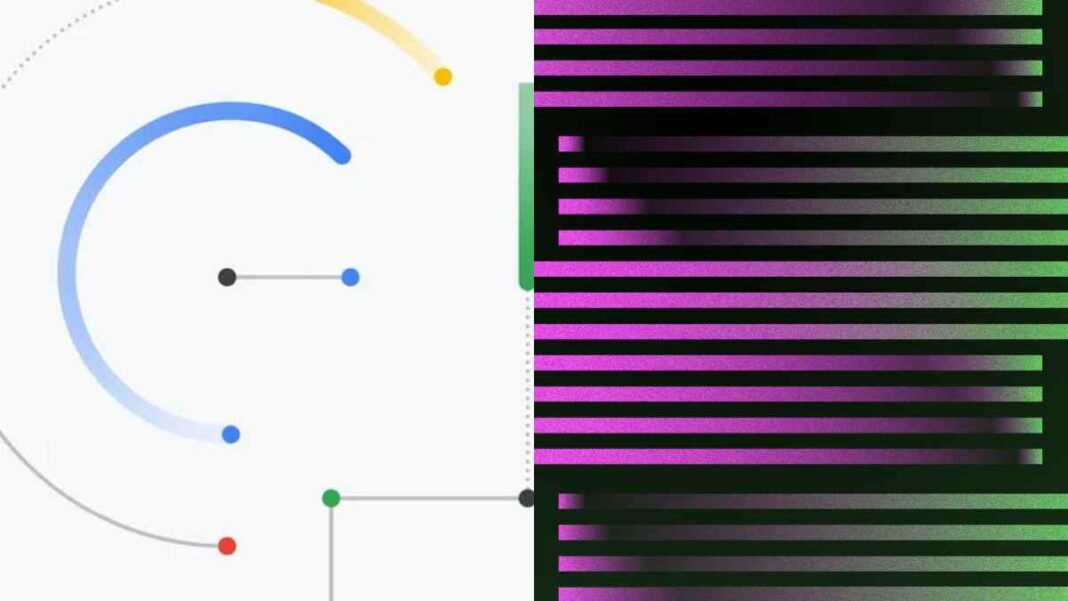UNITED STATES: Google’s recent announcement of its AI chatbot, Bard, has caused a stir in the world of artificial intelligence. The tech giant has reportedly denied allegations that it copied OpenAI’s chatbot, ChatGPT, for training its own model.
However, a report by The Information suggests that the success of OpenAI has pushed two AI research teams within Google’s parent company, Alphabet, to collaborate and work together to develop software to compete with OpenAI.
According to the report, software engineers at Google’s Brain AI group are now working with employees at DeepMind, which is considered a sibling company within Alphabet, to develop software to compete with OpenAI.
The joint effort, known internally as Gemini, began in recent weeks after Google’s first attempt to compete with OpenAI’s chatbot stumbled.
Despite these allegations, a Google spokesperson has clarified that Bard is not trained on any data from ChatGPT or ShareGPT. Furthermore, Google has announced that it is opening up access to Bard as an early experiment for users to collaborate with generative AI.
Early access to Bard has already been rolled out in the UK and the US, with plans to expand access to more countries and languages in the future.
Like ChatGPT and Microsoft’s Bing chatbot, Bard is based on a large language model (LLM), specifically a lightweight and optimised version of LaMDA. The tech giant has stated that Bard will be updated with newer, more capable models in the future.
Users can interact with Bard by asking questions and refining their responses with follow-up questions. This provides a more natural and conversational experience than traditional chatbots, which typically follow pre-determined scripts.
As AI chatbots become more advanced, they have the potential to transform the way businesses interact with customers.
For example, a chatbot could be used to help customers navigate a website, answer common questions, or provide personalised recommendations based on the user’s browsing history.
AI chatbots could also be used in healthcare to provide patients with information about their condition and treatment options or in education to provide students with personalised tutoring and feedback.
However, the development of AI chatbots raises important ethical questions around privacy and security. As chatbots become more advanced, they will collect more data about users, including personal information and browsing history.
Companies need to be transparent about how they collect and use this data to ensure user trust and safety.
In conclusion, Google’s announcement of its AI chatbot, Bard, is an exciting development in the world of artificial intelligence.
While there are concerns around privacy and security, the potential benefits of AI chatbots are significant, including improved customer service, personalised recommendations, and access to information and education.
As AI technology continues to evolve, it will be important for companies to prioritise user safety and transparency in their development and implementation of chatbots.
Also Read: Google BARD: New AI-Language Model Competing with OpenAI’s GPT-3



